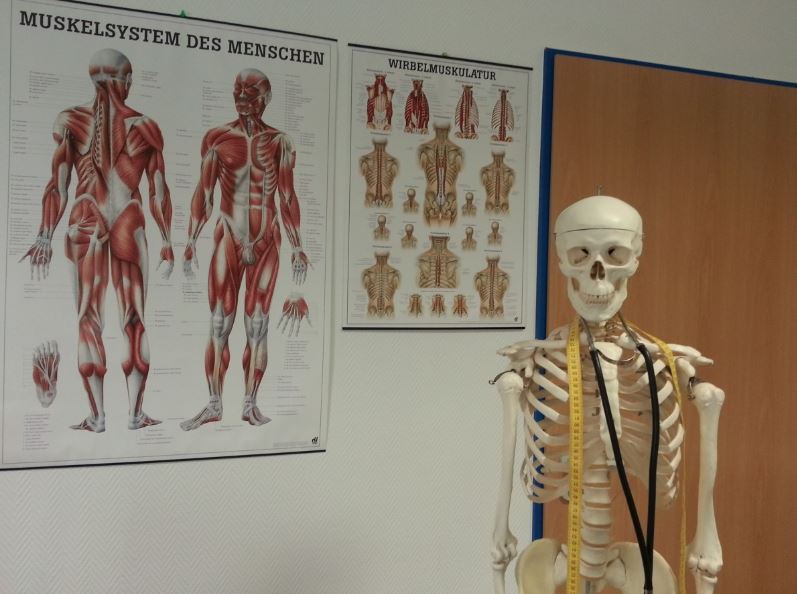Our bodies are intricate systems that rely on a correct hormonal balance. This is because hormones regulate major body functions, including metabolism, mood, reproduction, and growth. When hormones become unbalanced, it can lead to various health problems. Early detection of hormone abnormalities, therefore, becomes critical for general well-being.
Hormonal imbalance is common in men and women and is caused by various factors such as stress, aging, poor nutrition, certain medications, and underlying medical conditions. Its symptoms can be unclear and attributed to other causes. This makes it challenging for individuals to demystify the difference creating the need for advice from a well-trained medical practitioner. It is however essential for you to know the signs of hormone imbalance so that you can get checked early and be provided with a solution
This article will explore some crucial signs of hormone imbalance and how to recognize them.
Feelings of Fatigue
Although tiredness is a normal part of life, chronic and unexplained fatigue might indicate hormone imbalance. Hormones such as cortisol, thyroid hormones, all have a part in controlling energy levels. Overproduction or underproduction of these hormones can result in chronic fatigue. If you find yourself constantly exhausted despite getting enough sleep, consider a hormonal imbalance the underlying cause.
Joint Pain and Muscle Weakness
While lifestyle changes are usually to blame for muscle loss, hormonal imbalances can also induce changes in body composition. Testosterone is in charge of muscle mass development and maintenance. As a result, muscle loss may indicate a hormonal imbalance, such as testosterone or growth hormone. This makes treatments like superior testosterone replacement essential. Thyroid can cause muscular weakness, joint discomfort, and even illnesses such as osteoporosis. Weakness can result from muscle atrophy, reduced tone, and hormonal abnormalities. If you have unexplained muscle or joint pain, consider getting assessed for a hormonal imbalance.
Gaining Weight or Having Difficulties Losing Weight
Unexplained weight gain or trouble losing weight despite a healthy diet and exercise regimen may suggest hormonal abnormalities affecting appetite, metabolism, and fat deposition. Excessive work, for example, causes the body to go into a “fight or flight” response, generating cortisol. Chronic stress raises cortisol levels, prompting the body to store fat for energy, resulting in weight gain.
Furthermore, hormonal imbalances can lead to weight-related problems such as insulin resistance, which can impair blood sugar regulation and fat retention.
Having Trouble Sleeping
Hormones play a critical part in regulating our sleep-wake cycles. Melatonin, the hormone that induces sleep, is particularly susceptible to hormonal imbalances. A cortisol imbalance can interfere with melatonin synthesis, making falling and remaining asleep harder. If you have persistent insomnia or sleep disorders, you should look into possible hormonal reasons.
Digestive Issues
Given that the stomach and hormones have a complex interaction, hormonal imbalances can affect the motility and function of the gut, resulting in digestive disorders such as bloating, constipation, or diarrhea. In addition, thyroid hormone abnormalities can impede or speed up digestion, adding to gastrointestinal pain. If you have recurrent digestive difficulties, it’s worth exploring whether hormonal variables are to blame.
Changes in Skin and Hair
Hormonal imbalances can be seen as changes in the skin and hair. For example, androgen imbalances can cause acne breakouts and excessive face or body hair development. Hormonal fluctuations can also cause hair thinning, and hair loss. Attention to these exterior changes might provide important information about your hormonal health.
Blood Pressure Changes
Hormones, notably insulin, play an important role in heart health by controlling blood glucose levels. Inadequate control can lead to cardiovascular problems such as excessive cholesterol and high blood pressure. Thyroid dysfunction, testosterone shortage, and growth hormone excess can all contribute to high blood pressure, often known as hypertension. Blood pressure fluctuations can be caused by hormones such as aldosterone, which controls sodium and potassium levels. Consistently high blood pressure or sudden blood pressure drops should trigger a thorough assessment of hormonal factors.
Face That Is Puffy, Swollen, or Rounded
The look of your face might provide important information regarding hormone abnormalities. A puffy, swollen, or rounder face, sometimes known as “moon face,” can be related to cortisol overproduction, which is frequent in disorders such as Cushing’s syndrome. This physical manifestation shows how hormone imbalances may have obvious impacts on the body.
Conclusion
Our bodies rely on a complex interplay of hormones to operate properly. When this equilibrium is upset, it can cause various symptoms and health problems. Recognizing these hormone imbalance symptoms is critical for early discovery and management. If you notice any of the symptoms above, you should seek the advice of a medical expert. They can perform the required tests to identify possible hormonal abnormalities and collaborate with you to design a treatment strategy.

